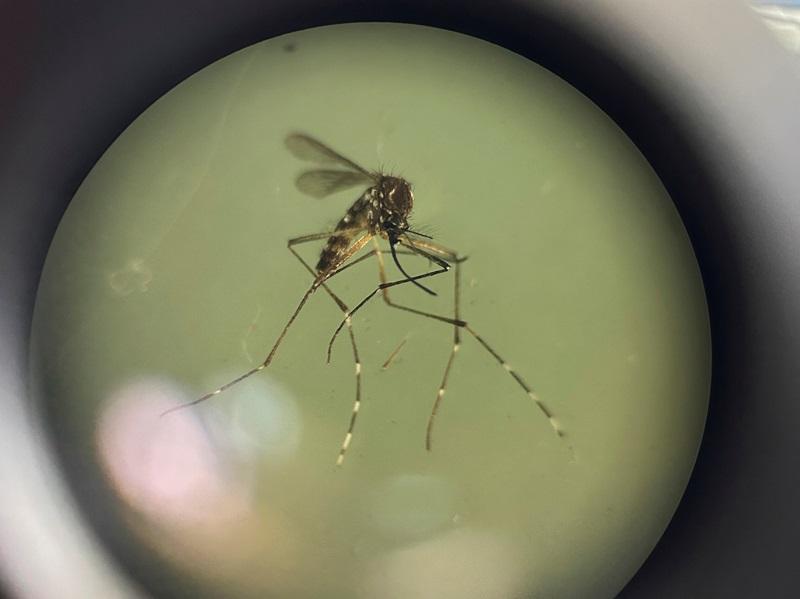DOH: Dengue cases rise to over 18K in July

Dengue cases in the country showed a continuous uptrend this rainy season as it hit the 18,000 mark in July, based on the latest data by the Department of Health (DOH).
A total of 18,349 cases were recorded from June 30-July 13, which was higher than the 12,153 cases from June 16-29.
Western Visayas, Central Visayas, Cagayan Valley, and Calabarzon all had a steady rise in dengue cases in the six-week period leading to July 27.
Year over year, DOH said that the cases jumped by 33% from 97,211 cases in 2023 to 128,834 cases in 2024.
DOH, however, noted fewer deaths due to dengue this year at 337, as compared to the 378 deaths during the same period last year.
“The DOH sees the lower number of deaths this year, despite the higher number of cases, as an indication of people seeking early consultation, and hospitals doing better case management,” the agency said.
The most common symptoms of dengue include high fever, severe headache, muscle and joint pains, nausea, and rashes. Some may also experience pain behind the eyes, vomiting, and swollen glands.
Symptoms start 4 to 10 days after a mosquito bite.
The DOH has been reminding the public to practice the 4S strategy against dengue: Search and destroy breeding places; Secure self-protection; Seek early consultation; and Support fogging or spraying in hotspot areas, especially now that the rainy season is here.
Leptospirosis
As to leptospirosis, DOH said 67 cases were logged from July 14-27, but there are likely to be only delayed reports.
A total of 1,444 leptospirosis cases were recorded this year from January 1 to July 27. This was 42% lower compared to the 2,505 cases in the same period last year.
There have also been 162 deaths due to leptospirosis so far this year.
Health Secretary Ted Herbosa earlier warned that cases of leptospirosis are expected to increase as the heavy rains due to Typhoon Carina and the Southwest Monsoon or Habagat, resulted in severe flooding in parts of Luzon two weeks ago.
Leptospirosis is a bacterial infection transmitted by animals like rodents. Infected animal urine like those from infected rats could mix with flood water during heavy rains, and could therefore enter the human body of those wading through floods.
Its symptoms include fever, vomiting, nausea, muscle pain, and headache.
The incubation period of leptospirosis may range from 2 to 30 days, usually showing symptoms around 1-2 weeks after exposure to contaminated flood waters. --VAL, GMA Integrated News




